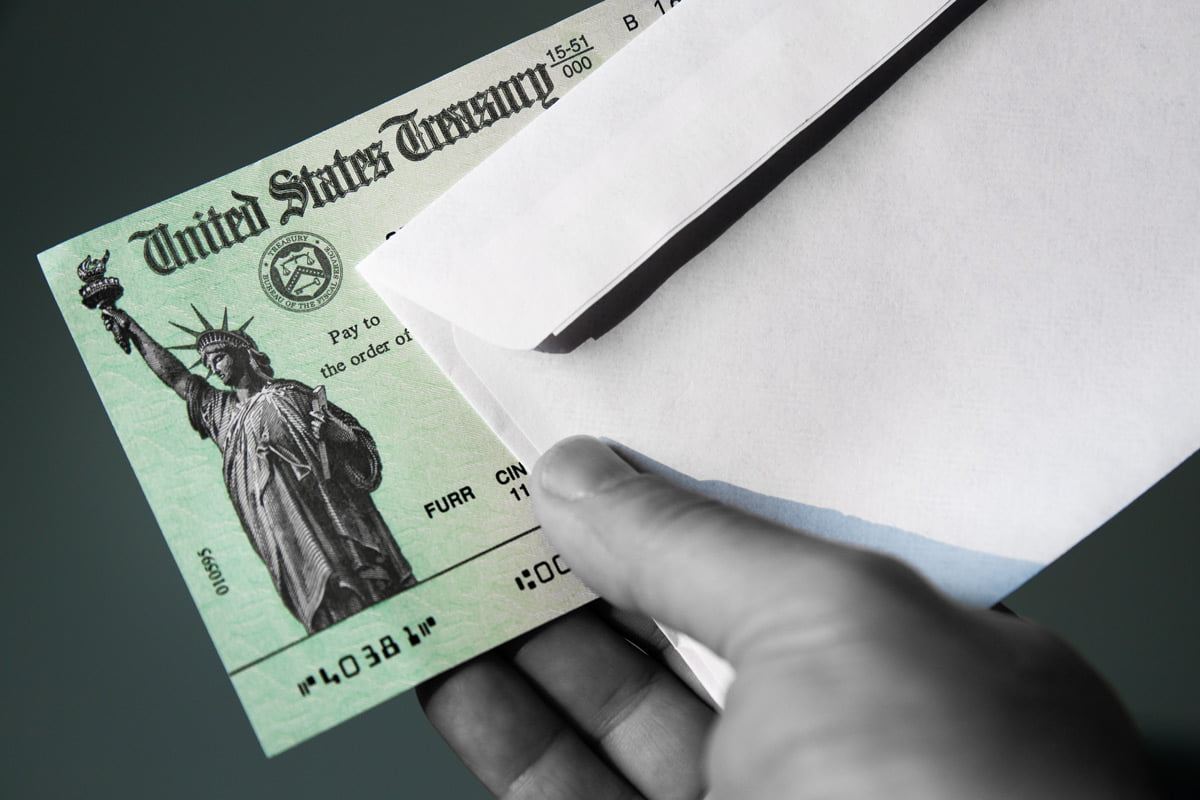Millions of Americans have already received their Economic Impact Payments (EIPs) authorized by the Coronavirus Aid, Relief, and Economic Security Act (CARES Act) in response to the economic threats caused by COVID-19. Under the CAREs Act, eligible individuals can receive $1,200 (or $2,400 for a married couple filing a joint return) and may receive up to an additional $500 for each qualifying child. The payment is reduced for those with adjusted gross income over a threshold.
According to a new U.S. Government Accountability Office (GAO) report, the IRS and the U.S. Treasury had disbursed $269.3 billion of these payments through a combination of electronic transfers to bank accounts, paper checks, and prepaid debit cards as of May 31, 2020.
Some Payments Should Be Returned
However, some EIPs were sent erroneously and the entire payment should be returned according to the IRS. Examples of these include payments sent to someone who died before receipt of the payment or payments sent to incarcerated individuals.
Instructions for returning the EIP can be found on the IRS website here.
The GAO report states that almost 1.1 million payments totaling nearly $1.4 billion had been sent to deceased individuals, as of April 30, 2020. However, the report also states these figures don’t “reflect returned checks or rejected direct deposits, the amount of which IRS and the Treasury are still determining.”
Certain circumstances require only a partial repayment of the EIP. For example, a portion should be returned if it was made to a married filing joint couple and one spouse had died before receipt. In that case, only the portion made to the decedent should be returned. The amount to return would be $1,200 unless your adjusted gross income exceeded $150,000. If you cannot deposit the payment because it was issued to both spouses and one spouse is deceased, return the check as described in the link above. Once the IRS receives and processes your returned payment, a new EIP will be reissued.
Some Payments Don’t Have To Be Returned
The IRS website states that some individuals receiving an erroneous payment don’t have to return it. For example, if a child’s parents who aren’t married to each other both get the additional $500 amount for the same qualifying child, one parent isn’t required to pay it back.
Each parent should keep Notice 1444, which the IRS will mail to them within 15 days after the EIP is made, with their 2020 tax records.
Some Still Waiting
Although the IRS continues to calculate and automatically send the payments out, some individuals are still waiting to receive their EIP. If you believe you’re eligible for one but still haven’t received it, know that you will be able to claim your payment when you file your 2020 tax return. If you need the payment sooner, you can call the IRS EIP line at 800-919-9835 but the Treasury Department notes that “call volumes are high, so call times may be longer than anticipated.”
Call your Wegner CPAs Tax Professional if you have further questions on the stimulus checks received. We know several clients still are waiting for their stimulus checks…..unfortunately we don’t have a hotline to assist with that yet.





